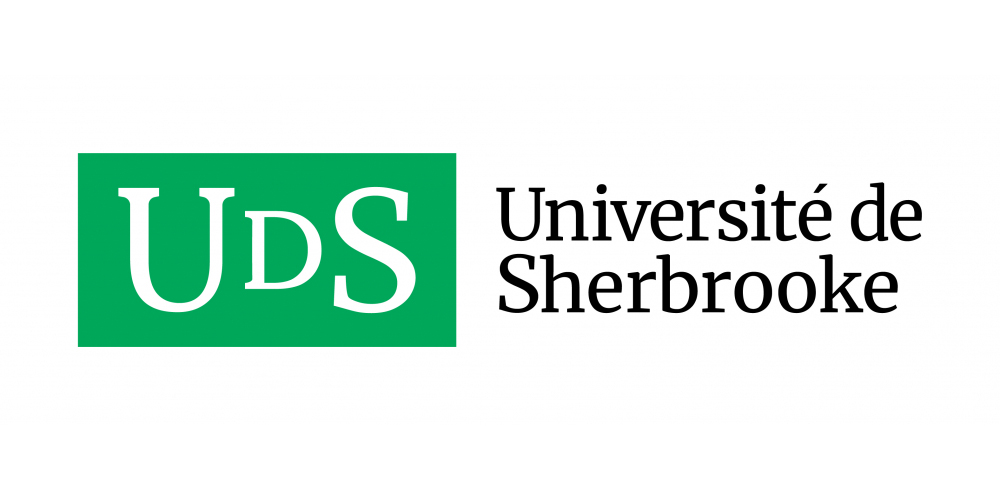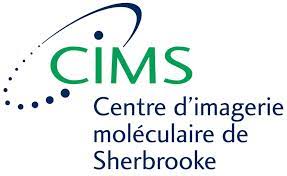

Postdoctoral internship position in artificial intelligence (AI) application to inter-crystal scattering recovery with medical imaging PET scanners
Positron emission tomography (PET) is a medical imaging modality using radiotracers injected to patients, radiation physics concepts to measures high-energy radiation and tomographic reconstruction principles to obtain 3D images of in vivo radioactivity distribution. Design, development and operation of leading-edge PET scanners for medical imaging is the specialty of the LabTEP team. The high-resolution “LabPET” technology, with a 1 mm accuracy entirely developed by the research team, is applied to preclinical biomedical studies on animals and clinical studies on the human brain.
The object of the project is to apply the concepts of AI to the inter-crystal scattering recovery in PET scanners used in nuclear medicine. Testing is carried out using computer simulations and experimental protocols on preclinical and clinical PET scanners, the candidate will proceed to the assessment of the proposed techniques within the TensorFlow application framework.
Key tasks:
- Act as an AI expert for the LabTEP team.
- Develop computer simulations to assess the impact of inter-crystal scattering in PET images and apply AI methods for image optimization using the recovered information.
- Develop and apply PET imaging acquisition protocols on clinical and preclinical scanners for computer simulation validations in real-life using AI methods.
- Develop testing methods and implement data processing tools.
- Ensure tools validation.
- Provide written analysis, scientific papers and oral presentations.
- Contribute to the data infrastructure implementation.
- Ensure knowledge transfer to the LabTEP team.
- Maintain a technological watch for new developments and best practices in artificial intelligence in a medical imaging context.
- Work in close collaboration with multidisciplinary professionals and research scientists from medical, engineering and artificial intelligence fields.
General education:
- PhD degree in a related area of specialization (computer science, mathematics, physics, medical physics, computer engineering).
- Three (3) years of experience in a related area of specialization (artificial intelligence, medical imaging, medical physics, mathematics, computer science).
Skill requirements:
- Experience in artificial neural network, deep learning, machine learning, artificial intelligence and TensorFlow application framework.
- Experience in big data management and handling
- Experience in Linux, Python, C++, bash and R
- Experience in medical image database in DICOM format
- Experience in collaborative and version management systems (git or others)
- Good problem-solving skills, good sense of optimization and solution evolution
- Ease of communication and good adaptability in a high multidisciplinary environment
- Initiative and team spirit, excellent organization skills, ability to conduct projects autonomously
- Francophone working environment; proficiency in English is required.
***Note that the project will not be carried out on patients.
Duration: 2 years
Professor Roger Lecomte, Ph. D.
LabTEP Laboratory
Université de Sherbrooke
Email: Roger.Lecomte@USherbrooke.ca
Phone: (819) 820-6868, ext. 14608
Web Site | Linkedin
